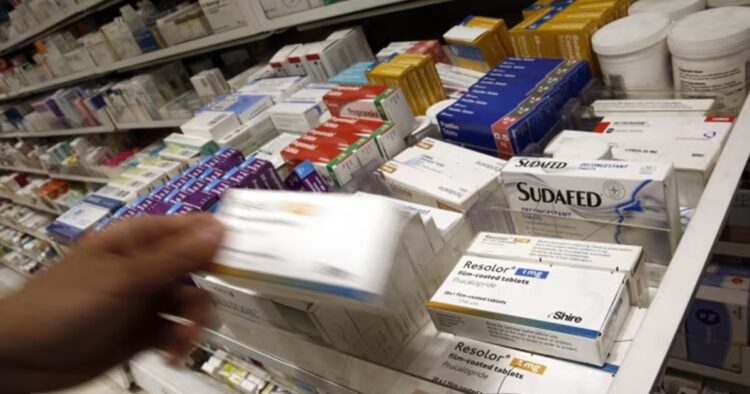A report published by the Nuffield Trust think-tank has revealed a concerning trend in the UK’s pharmaceutical sector. According to the report, drug shortages in the country have more than doubled between 2020 and 2023. The repercussions of Brexit are believed to be a significant factor contributing to the country’s struggle in managing supply chain disruptions.
The research conducted by the Nuffield Trust found that drug companies issued 1,643 warnings of impending medicine shortages in 2023, a stark increase from 648 in 2020. This surge in shortages includes critical treatments such as antibiotics and epilepsy drugs, posing potential risks to public health.
As a response to the escalating shortages, the government has been forced to reimburse pharmacies for purchasing drugs above their standard cost more frequently. The report highlights a substantial rise in price concessions, increasing from 20 instances per month before 2016 to a peak of 199 per month in late 2022.
The impact of Brexit on the UK’s pharmaceutical sector is further exacerbated by several factors. Firstly, the depreciation of the sterling and the disconnection from EU supply chains have heightened the risk of shortages. Additionally, changes in demand patterns and budget constraints within the National Health Service (NHS) have worsened the situation.
Mark Dayan, the Brexit Programme Lead at the Nuffield Trust, emphasized the global nature of the challenges faced by the pharmaceutical industry. He pointed out that issues such as COVID-19 shutdowns, inflation, and global instability have contributed to the fragility of import chains from Asia.
However, exiting the EU has presented the UK with additional obstacles, including disruptions in border crossings and delays in approving new medicines.
The report underscores another concerning disparity between the UK and the EU in terms of drug approvals. The UK has been notably slower in approving new drugs compared to its European counterparts.
Among the drugs authorized in Europe in 2023, 56 were approved later in the UK, while eight have not been approved at all. Only four drugs were approved faster in the UK than in the EU.
The findings of the Nuffield Trust report shed light on the growing challenges facing the UK’s pharmaceutical sector in the aftermath of Brexit. With drug shortages on the rise and regulatory disparities impacting the approval process, concerted efforts are needed to safeguard the accessibility and availability of essential medicines for the population.

















Comments